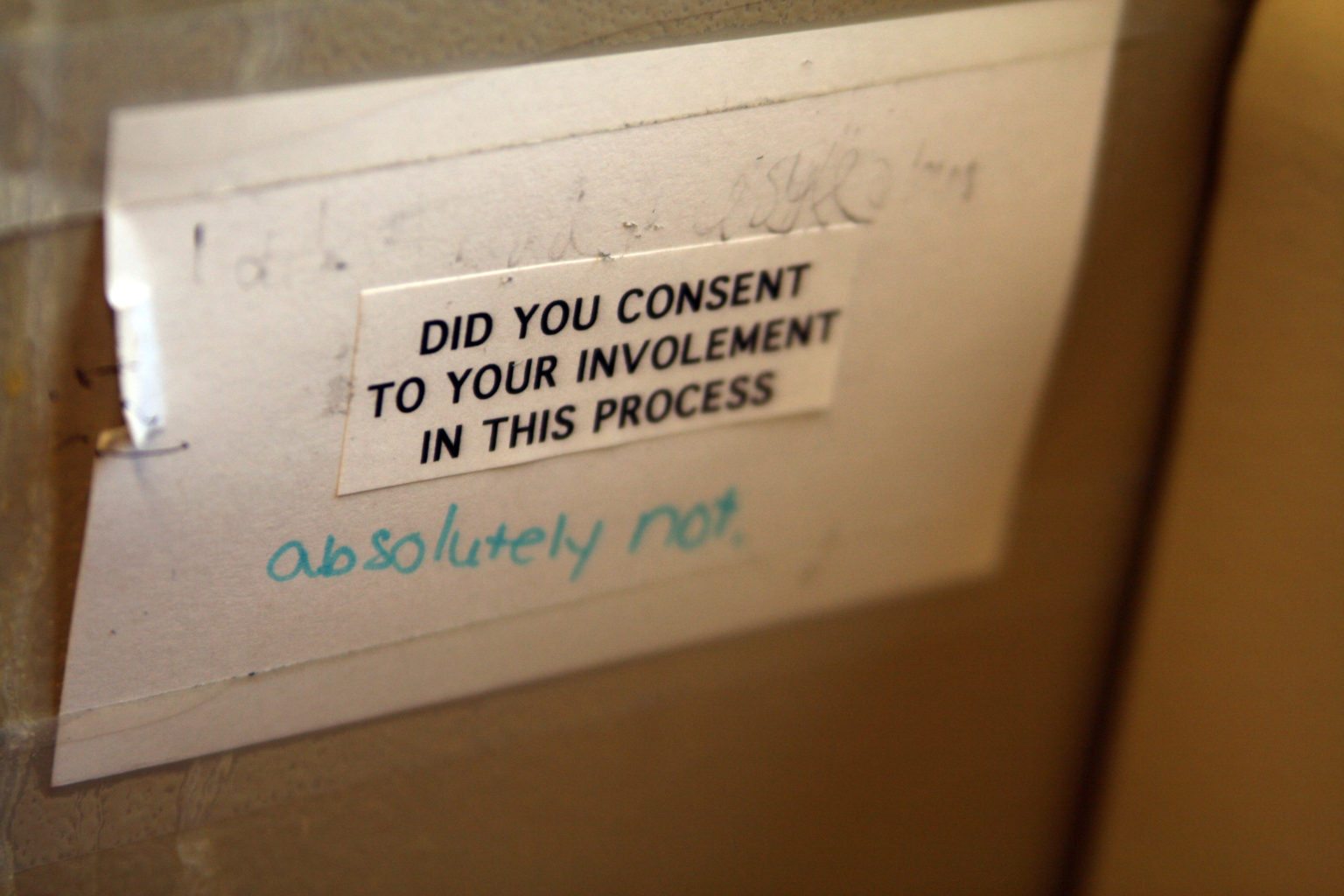Criticise – don’t victimise
Has media speculation gone too far? Rebekah Holland critiques the retaliation to The Tab’s I Heart Consent article…
Unless you’ve been living under a rock for the past few weeks, you will have definitely heard about the controversial article written by George Lawlor regarding the I Heart Consent workshops – and no doubt you’ll also have an opinion on the matter. I wholeheartedly disagree with the articles written criticising the workshops and, having attended one myself, regard them as a very progressive step forward in tackling the growing problem of sexual assault at universities. The media responses to the uproar, however, have not been progressive at all – instead, it has been entirely salacious.
The media’s retaliation to Lawlor has been welcomed intensely by the majority, without actually being looked at critically, despite the fact that these responses may be flawed too. It is important to take a more analytical approach to the media frenzy that has unfolded.
The main thing apparent from the fallout is that, as soon as an opinion contrary to that of popular belief is expressed, the media seems to hang these individuals out to dry. Yes, what he said in his article is unpopular and if he had attended one of these workshops before openly attacking them, his argument may have been very different. I think his arguments are fundamentally flawed and, to be honest, completely wrong. But, none of this should take away from the fact that he is still entitled to his opinion; just as we, the majority, are entitled to the opposite opinion. We live in a world where we have the privilege of free speech, something we should celebrate, yet people are still being attacked for steering away from the status quo. Surely the idea of everyone having the same opinion on every issue is unthinkable and even undesired. It seems that we have entered a time where we are unable to have an open discussion about a situation without attacking and ridiculing one another.
‘Poor journalism’ seems to be one of the most notable criticisms against the articles published by the Tab, with claims of them being factually incorrect. However, this all seems rather hypocritical as the media in response have arguably displayed ‘poor journalism’ themselves. This has come in the form of newspapers using misleading quotes taken out of context and personal jibes that attack the authors of the controversial articles and simply exacerbate the situation for increased readership. The Independent’s headline – ‘student refuses consent lessons because he doesn’t look like a rapist’ – is a prime example of this behavior. Countless articles have also remarked and jeered at the fact that Lawlor is an exec member of the University of Warwick Conservative Association, something which, in its mocking tone, seems to be irrelevant and purely a personal attack.
The media’s response has been excessive and self-righteous in nature. Simply supporting the cause of the workshops would have sufficed and still proven their point. What cannot be argued, however, is that this debate has only contributed to the growing success of the iheartconsent workshops; numbers of those attending has increased significantly and support for those responsible has rocketed. If controversy is what the authors were looking for, controversy is certainly what they got.

Comments